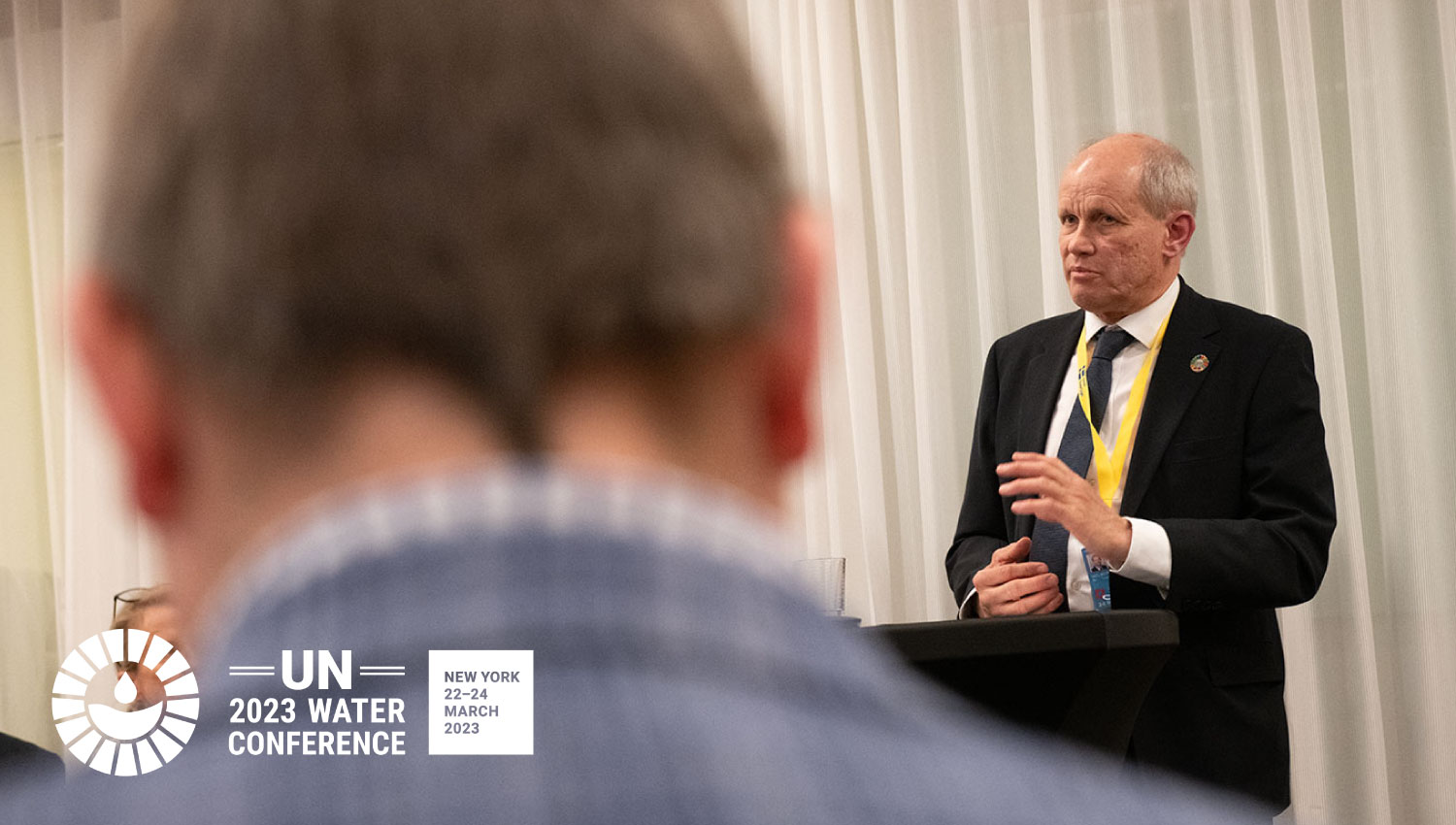SIWI: Put a price on water and invest in water governance
“Many of their suggestions are far-reaching, for example phasing out subsidies that lead to excess use of water in agriculture and industry. We also need to put a price on water in a way that encourages more efficient use of water and generates most needed revenues, to be accompanied with targeted subsidies to poor and vulnerable communities. It is entirely possible to ensure water as a human right without underpricing water.”
The Global Commission estimates that USD 200-400 billion per year is needed to achieve universal access to clean drinking water, sanitation, and hygiene by 2030. A goal long overdue, given that it was formulated already at the first UN Water Conference in Mar del Plata in 1977, with 1990 as the target year. It could still be achieved in the next seven years if harmful subsidies are phased out, making more money available for investments in improved water governance. Such investments must range from institutional development, to legislation, data availability, technical maintenance, inclusion, and behavioural change.
“Many people are not aware of the terrible price we pay for bad water governance and institutional failures, but such mistakes can make urgently needed measures inefficient or even counterproductive. I hope that the UN 2023 Water Conference will lead to two things. First, a better understanding from a broader set of stakeholders of the role of water in achieving all the SDGs. And second, a greater interest in how governance systems can be transformed so that they are more transparent, accountable, robust, and efficient.”
This is a shared responsibility, Torgny Holmgren emphasizes, and points to a growing body of research showing how the water crisis, climate change, environmental degradation and poverty interact and exacerbate each other. At the same time, many of SIWI’s activities at the UN conference demonstrated how holistic approaches such as source-to-sea management can address several of these problems simultaneously. Done right, improved management of land and water creates benefits both locally and in locations far away, for example when wetlands and forests increase carbon storage and generate rainfall over other countries.
“There is a very strong case for viewing water as a global common good. By now we know the power of water solutions, we just need to create the right incentives and innovations to untap that potential. I think World Water Week 2023 will be an important next step on this journey, not least since it will focus on innovation. Building on the UN Conference, this could be the start of a gigantic transformation,” Torgny Holmgren says.








